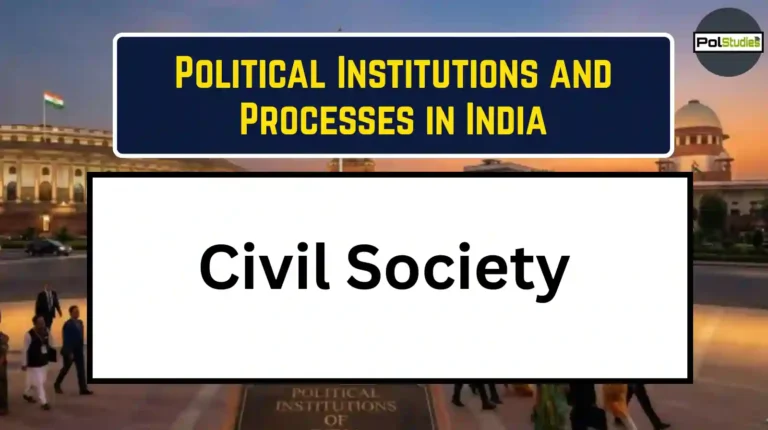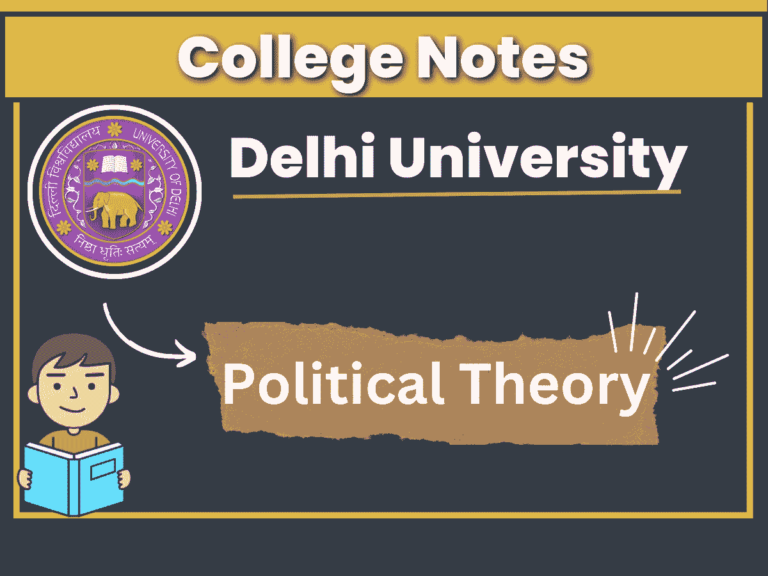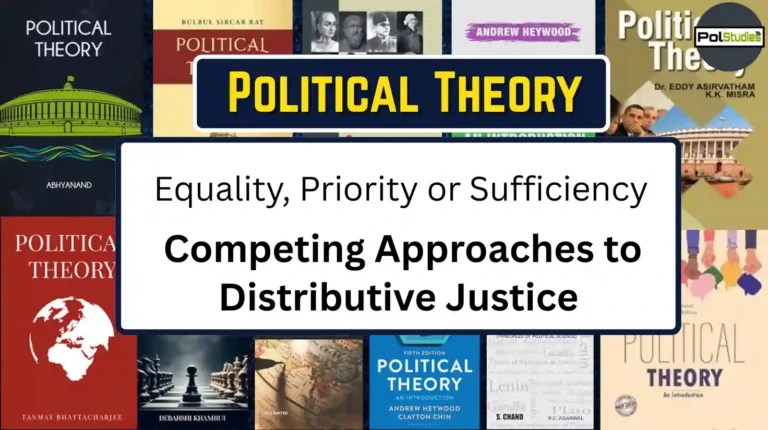Moral rights and legal rights | Hatfield, Locke, Bentham
Right’s
Rights are the medicine of a person which he does from society and receives from the society and is implemented by the government. But every claim cannot be a right. Rights are the product of the modern era in human society and human history has seen a long struggle for the attainment of rights.
The Declaration of Rights was widely accepted as a result of the French and American Revolutions. It is believed that man is equal and free by birth. A person has certain rights from birth, in which rights such as life, liberty, and happiness are the main ones, whereas in medieval feudal society, instead of human rights, emphasis was placed on divine rights.
Hatfield has expressed rights in the form
- as a claim
- as freedom
- as a discount
- as power
The concept of rights is a gift of the modern age. In the views of Hobbes, rights were supported by the state. That is why he supported the totalitarian rule. The originator of the concept of rights is John Locke, who clearly stated that all persons were equal in the natural state and that a person has an innate natural right, which includes his own right to liberty, life, property, health, and parts of his body.
It is the moral duty of every person in society to protect the life of others and the state was created to protect these natural rights natural rights can neither be taken away nor limited by the state. Is. According to McPherson, Locke is basically a capitalist thinker and he supported the rights of wealthy people.
Locke’s principles of natural rights had an impact on the American and French revolutions. Thomas “Rights of Man” supported Locke’s natural rights Edmund Burke called Locke’s concept of natural rights redundant. It is abstract and abstract and it is overly simplified. According to Burke, rights are the product of a particular history and circumstances. Mentioning England, Burke said that the people here got rights naturally as a result of the development of the society. Snow believes that civil and political rights are a product of tradition.
Bentham strongly denied the concept of natural rights. According to them, it is completely illogical and futile to imagine rights before society and the state. According to them, the rights are conferred by the state. He called Locke’s belief nonsense and unrestrained and supported constitutional rights. From Locke to Bentham, rights were granted to individuals in an autonomous form, which Herbert Hart called a selective and alternative theory of rights.
Moral rights and legal rights
In the theory of idealistic rights, rights are those increased conditions of life that are necessary for the inner development of the individual. The meaning of the right is the duty of every person to develop his abilities or personality to the fullest. According to Green, there are rights and powers that help a person to become moral, without which a person cannot achieve his highest purpose.
Green’s right is viewed from a moral point of view as it is inherent in the personality or soul. According to Green, a person is a social animal, which is why rights are given by society. Rights cannot be imagined separately or separately from society.
The basic purpose of a person’s life is the development of his moral personality and for this necessary conditions are provided by the state. For Greene, the state is a necessary good that is helpful in the development of the individual’s personality because a person cannot be made moral by compulsion but the conditions to become moral can be provided. That is why Green says that desire is the basis of the state, not power.
Therefore, for Green, the state is an expression of the individual’s will and not a binding one. Green rejected Block’s concept of natural rights and said that a person cannot get rights before society, but rights are given by society.
Moral or Legal Right PDF In English




